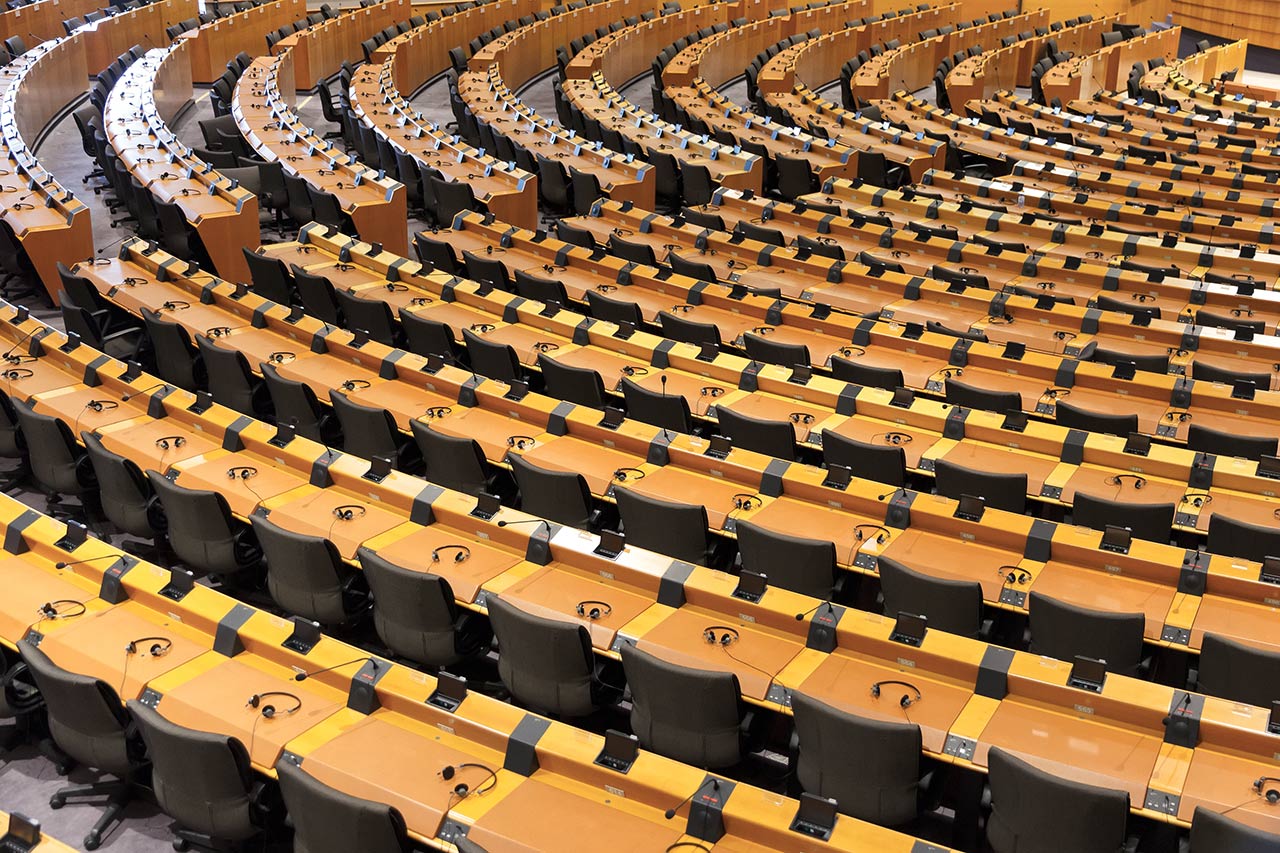Approaches to globalisation
A liberalist approach to globalisation sees this phenomenon as the natural outcome of “cooperation among rational egoists” (Dunne, 2014...
Question
What are the similarities and differences between the liberalist, neo-realist and Marxist approaches to globalisation?
Answer
A liberalist approach to globalisation sees this phenomenon as the natural outcome of “cooperation among rational egoists” (Dunne, 2014, p. 120). This philosophy was promoted, and in the beginning also largely funded, by the United States in the aftermath of World War II and so it is often associated with Western hegemonic ambitions. It sees globalisation as a benign phenomenon, and an opportunity for countries and organisations to engage freely in cultural as well as economic exchange.
Marxist theory, on the other hand, focuses on the economic implications of globalisation, and on the negative impact that has on those who have less power and influence on global markets. Marxism assumes that there is a conflict of interests between different socio-economic classes of people, and it predicted the globalisation of markets and the emergence of a so-called “global ruling class” (Robinson and Harris, 2000, p. 11) which accumulates capital for its own ends at the expense of other groups. Conflict, rather than cooperation, is a key feature of this view of globalisation.
Neo-realist theory sits somewhere between these two positions. It concurs with Marxist theory in seeing power as the key to understanding international politics, and is based on classical, realist thinking which assumes that nations compete with each other in a state of anarchy. Neorealist approaches to globalisations focus on supra-national institutions such as the United Nations Security Council and the World Trade Organisation which are seen as ways of addressing crises and regulating unpredictable relations between nation states through structural means (Heywood, 2015).
References
Dunne, T. (2014) Liberalism. In J. Baylis and S. Smith (Eds.), The Globalization of World Politics: An Introduction. Oxford: Oxford University Press, pp. 113-125.
Heywood, A. (2015) Key Concepts in Politics and International Relations. Second edition. London: Palgrave MacMillan.
Robinson, W. I. and Harris, J. (2000) Towards a global ruling class? Globalization and the transnational capitalist class. Science & Society 64(1), pp. 11-54.
